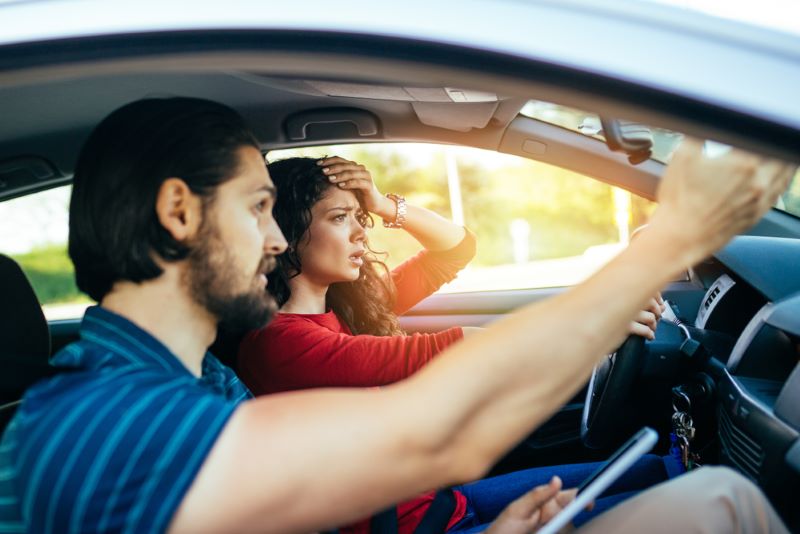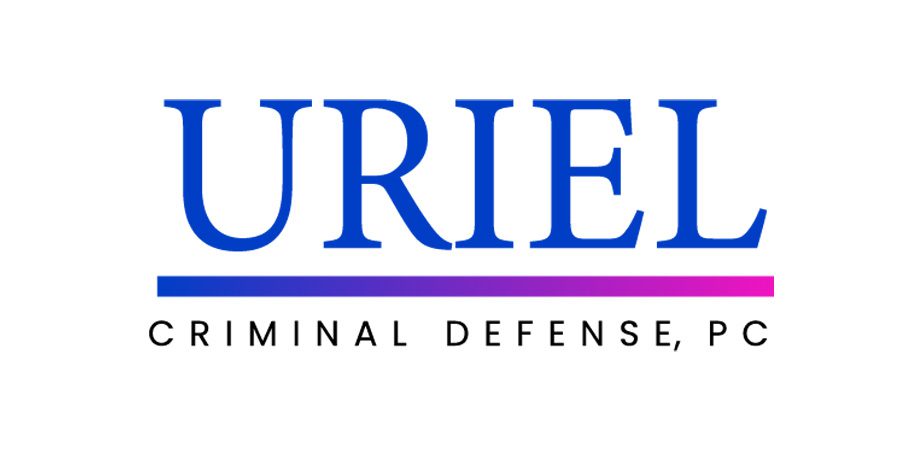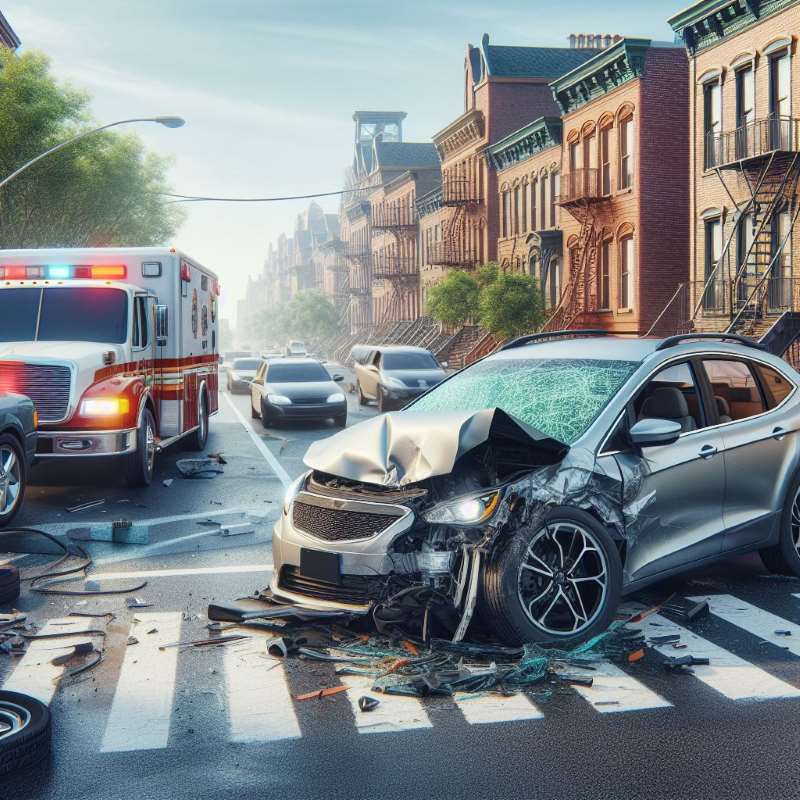Vehicular homicide, more formally known as vehicular manslaughter in New York, is one of the most serious charges a person can face following a fatal traffic collision. It's often assumed that only one party can be at fault in such an incident. But the reality is more complex. You might be shocked to learn that even if the person who died in the crash contributed to the accident, you can still be charged.
In New York, vehicular manslaughter charges don't require that the driver be solely responsible for a death. If you violated certain laws, especially those related to impaired or reckless driving, and that violation is linked to the fatality, the law allows prosecutors to pursue criminal charges regardless of the victim’s own actions. That means if the other driver was speeding, failed to signal, jaywalked, or ran a red light, those actions may not be enough to prevent you from facing a felony-level offense.
Understanding Fault and Criminal Responsibility
New York’s legal system distinguishes between civil and criminal liability. In civil cases, courts consider “comparative fault,” meaning both parties can be assigned a percentage of the blame, and financial compensation is adjusted accordingly. In criminal cases, however, the standard is different. Prosecutors are not trying to split blame; they’re trying to prove that your actions rise to the level of criminal wrongdoing.
This is particularly relevant under laws like New York Penal Law § 125.12 (Vehicular Manslaughter in the Second Degree) and § 125.13 (Vehicular Manslaughter in the First Degree). These statutes apply when someone causes a death while operating a vehicle under the influence of drugs or alcohol or while engaging in reckless behavior such as street racing or fleeing police. If your conduct meets these thresholds, the law allows for prosecution, even if the deceased played a role in causing the incident.
In other words, the state is not required to prove that you caused the crash alone. They only need to show that your conduct created a significant danger and was a contributing factor in the death. This interpretation gives law enforcement broad discretion to arrest and charge individuals even in complicated traffic situations.
Real-Life Scenarios Where Charges Are Filed
To better understand how this works, consider the following examples:
- You were driving over the speed limit when a pedestrian ran into the street outside of a crosswalk. Although the pedestrian broke the law, prosecutors could still argue your speed prevented you from stopping in time.
- You were driving after having a few drinks at dinner, and another driver swerved unexpectedly into your lane. Even though the other driver may have caused the accident, your blood alcohol content could result in vehicular manslaughter charges.
- You were texting at the wheel when a cyclist veered around a double-parked car. Even if the cyclist made an unsafe maneuver, your distraction might be deemed reckless enough to justify charges.
In all of these situations, the victim's own risky behavior may have contributed to the fatal event, but that does not stop the state from holding you criminally accountable. These cases are legally intricate, emotionally charged, and often decided based on the quality of the evidence and the strength of your legal defense.

How Victim Fault May Help Your Defense
While victim negligence won’t automatically protect you from being charged, it can be a powerful component of your defense. Prosecutors must show that your behavior was not just careless but rose to a level of recklessness or criminal negligence. If the evidence shows that the victim’s actions were so unforeseeable or egregious that no reasonable driver could have avoided the crash, your attorney may be able to argue that you should not be held criminally liable.
Common defense strategies in these cases include:
- Challenging the prosecution’s interpretation of your behavior (e.g., arguing that you were not impaired or driving recklessly)
- Demonstrating that the victim’s conduct was the primary or overwhelming cause of the collision
- Disputing the accuracy of toxicology reports, accident reconstructions, or witness statements
For example, if you’re charged with vehicular manslaughter due to alleged intoxication, your attorney might question the calibration of the breathalyzer or argue that the arresting officer mishandled sobriety tests. If speed is the issue, video footage or GPS data from your car could provide evidence that you were driving within the legal limit.
Our experienced vehicular homicide attorneys know how to dissect the prosecution’s claims and present a clear picture of what actually happened. That includes bringing in expert witnesses, reviewing accident scene evidence, and conducting an independent investigation of the case.
Consequences of a Vehicular Manslaughter Conviction
The stakes in a vehicular homicide case are high. Depending on the charges, you could be facing years, or even decades, of prison time. Vehicular manslaughter in the second degree is a Class D felony, which carries up to 7 years in prison. If aggravating factors are present, such as a high blood alcohol content or a suspended license, charges may be elevated to vehicular manslaughter in the first degree, a Class C felony with up to 15 years of incarceration.
A conviction also means losing your driver’s license, paying steep fines, and possibly being placed on probation or parole. The collateral consequences don’t end there. You could lose your job, professional license, or immigration status. Your insurance rates will skyrocket, and your record will reflect a violent felony, something that can follow you for life.
That’s why it’s absolutely vital to take these charges seriously from day one. The earlier you seek experienced legal representation, the better your chances of avoiding long-term consequences.
Call Uriel Criminal Defense and Take Your First Step Forward
If you’ve been involved in a fatal accident and are now facing criminal charges, the most important thing you can do is remain silent and contact an attorney. Anything you say to police, even something meant to clear your name, can be used as evidence against you. Investigators and prosecutors are trained to ask leading questions and collect statements that may later be interpreted as admissions of guilt.
We understand the stress and confusion you’re facing. These cases are emotionally draining, legally complex, and demand swift, strategic action. Our legal team has years of experience helping people accused of serious traffic-related offenses. We work hard to uncover the full truth and fight aggressively to protect your freedom.
If you or someone you love is facing a vehicular manslaughter charge in Brooklyn or anywhere in New York City, reach out to us today. We’re ready to stand by your side and provide the strong defense you deserve.



